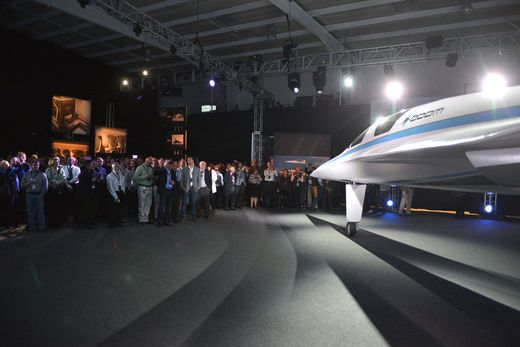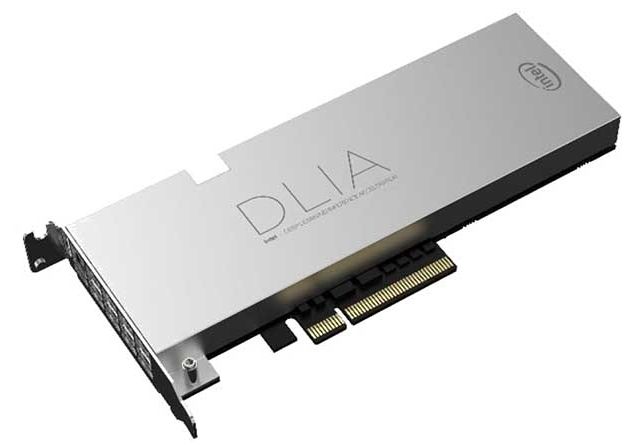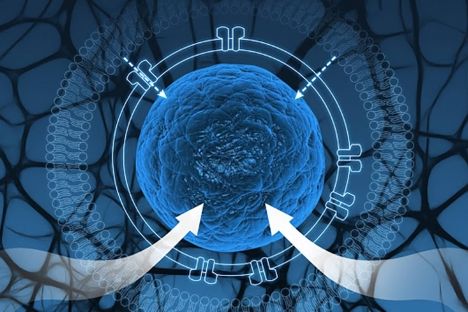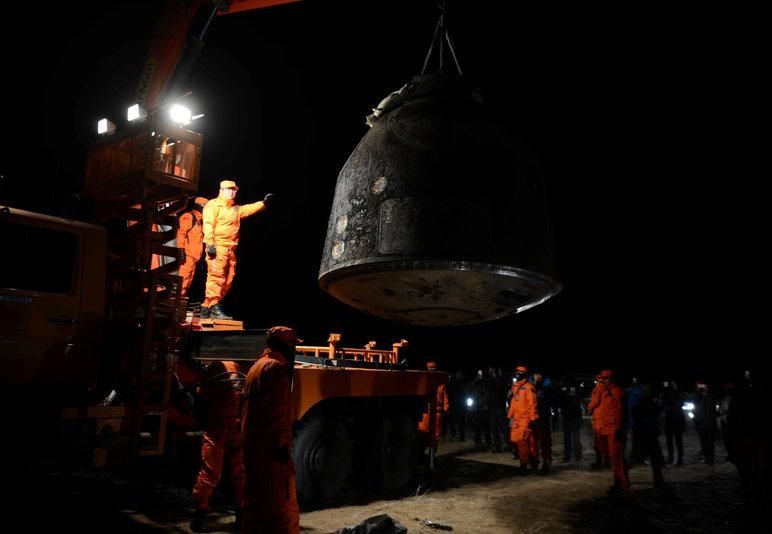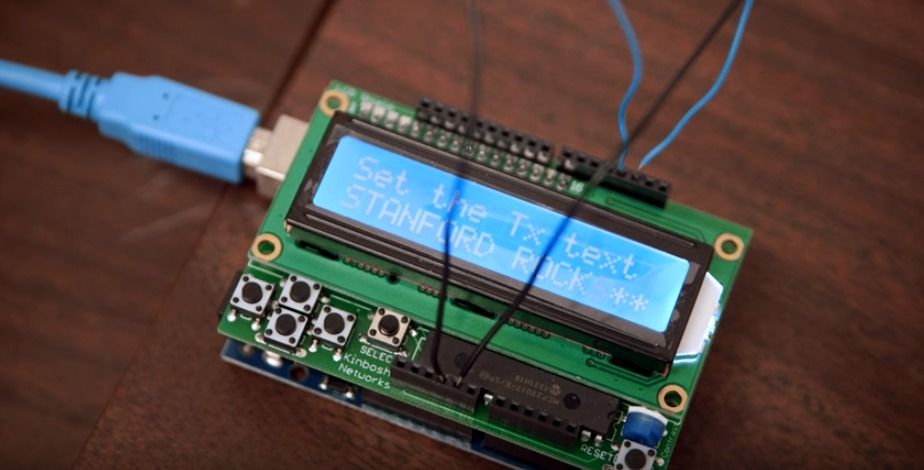Page 10667
Nov 19, 2016
Nanoantenna Changes Direction of Light and the Prospects of Optical Computing
Posted by Klaus Baldauf in category: computing
Silicon nanoparticles change the direction of light based on the intensity of the lncoming light.
Nov 19, 2016
Reviving optimism for regenerative medicine
Posted by Steve Hill in categories: bioengineering, biotech/medical, economics, life extension
Progress in real science is steady, follows proper methodology and respects engineering safety. We live in an amazing world where medical progress is advancing rapidly, sadly we also have those willing to jump the gun hawking unproven experimental therapies without sufficient data.
Unproven therapies and people jumping the gun to make a quick buck are a plague in the aging research field. Real science is slow and methodical but ultimately gets results that ensure safe therapies can be deployed in the healthcare arena. At Lifespan.io we are passionate about supporting the progress of science that is conducted properly.
“The life science community should embrace the discrediting of unproven therapies promoted without data for economic gain, and instead focus on the promise of research held to the highest standards.”
Continue reading “Reviving optimism for regenerative medicine” »
A lot of people are excited about the prospects for supersonic travel and I’m no exception. I’m delighted to share that Virgin Galactic’s manufacturing team, The Spaceship Company, has partnered with Denver-based Boom Supersonic to work on just that.
Nov 19, 2016
Intel Unveils FPGA to Accelerate Neural Networks
Posted by Roman Mednitzer in category: robotics/AI
Intel today unveiled new hardware and software targeting the artificial intelligence (AI) market, which has emerged as a focus of investment for the largest data center operators. The chipmaker introduced an FPGA accelerator that offers more horsepower for companies developing new AI-powered services.
The Intel Deep Learning Inference Accelerator (DLIA) combines traditional Intel CPUs with field programmable gate arrays (FPGAs), semiconductors that can be reprogrammed to perform specialized computing tasks. FPGAs allow users to tailor compute power to specific workloads or applications.
The DLIA is the first hardware product emerging from Intel’s $16 billion acquisition of Altera last year. It was introduced at SC16 in Salt Lake City, Utah, the annual showcase for high performance computing hardware. Intel is also rolling out a beefier model of its flagship Xeon processor, and touting its Xeon Phi line of chips optimized for parallelized workloads.
Continue reading “Intel Unveils FPGA to Accelerate Neural Networks” »
Nov 19, 2016
Liquid silicon: Computer chips could bridge gap between computation and storage
Posted by Roman Mednitzer in categories: robotics/AI, supercomputing
Computer chips in development at the University of Wisconsin–Madison could make future computers more efficient and powerful by combining tasks usually kept separate by design.
Jing Li, an assistant professor of electrical and computer engineering at UW–Madison, is creating computer chips that can be configured to perform complex calculations and store massive amounts of information within the same integrated unit — and communicate efficiently with other chips. She calls them “liquid silicon.”
“Liquid means software and silicon means hardware. It is a collaborative software/hardware technique,” says Li. “You can have a supercomputer in a box if you want. We want to target a lot of very interesting and data-intensive applications, including facial or voice recognition, natural language processing, and graph analytics.”
Continue reading “Liquid silicon: Computer chips could bridge gap between computation and storage” »
Nov 18, 2016
Researchers create synthetic cells to isolate genetic circuits
Posted by Klaus Baldauf in category: genetics
Encapsulating molecular components in artificial membranes offers more flexibility in designing circuits.
Nov 18, 2016
Troubling Study Says Artificial Intelligence Can Predict Who Will Be Criminals Based on Facial Features
Posted by Aleksandar Vukovic in category: robotics/AI
A new study says computers can tell whether you will be a criminal based on nothing more than your facial features.
Nov 18, 2016
China’s Shenzhou 11 manned space capsule returns to Earth
Posted by Aleksandar Vukovic in category: space
BEIJING China’s Shenzhou 11 space capsule landed safely in the northern region of Inner Mongolia on Friday with two astronauts aboard, state media said, completing the country’s longest manned space mission to date.
China Central Television showed images of the craft — whose name translates as “Divine Vessel” — on the ground flanked by Chinese flags and support teams. State news agency Xinhua said the capsule had touched down “successfully” just after 2 p.m.
The two astronauts, Jing Haipeng and Chen Dong, spent 30 days aboard the Tiangong 2 space laboratory, or “Heavenly Palace 2”, which China is using to carry out experiments ahead of a longer-range plan to have a permanent manned space station around 2022.



